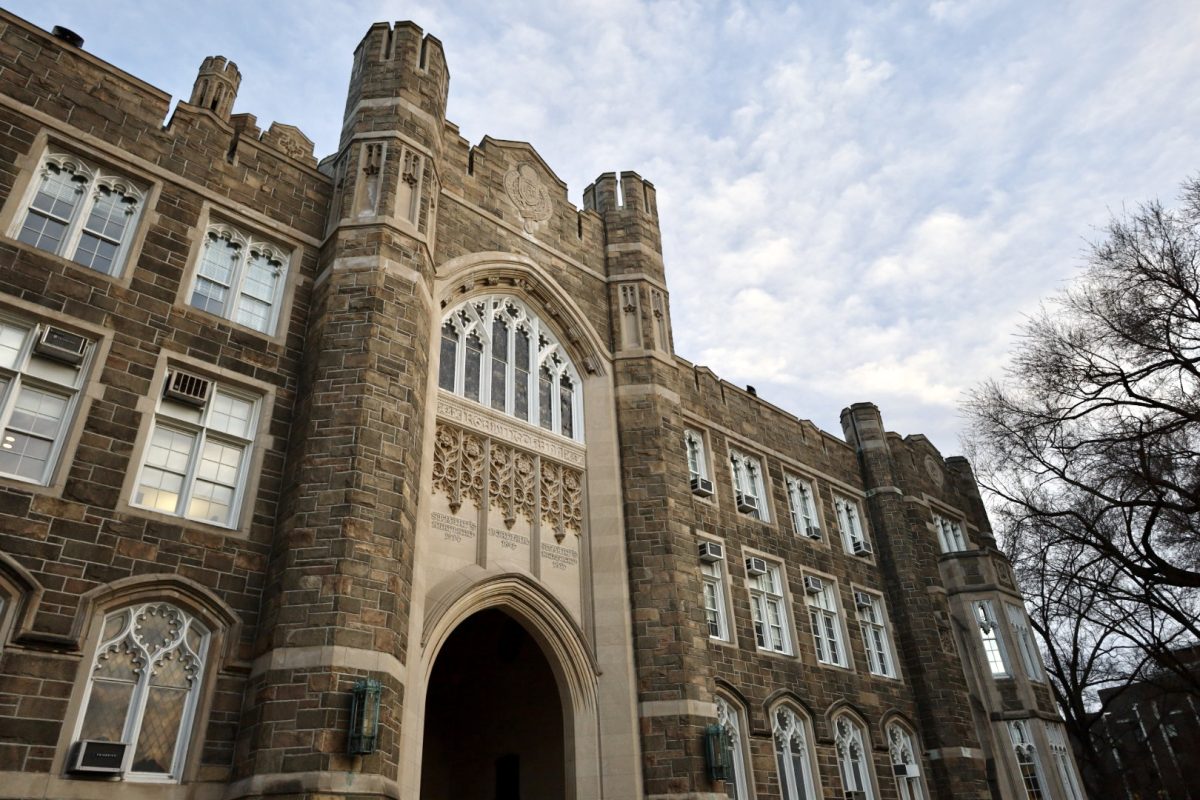I was never expecting to enjoy this movie, so I really shouldn’t be surprised that I didn’t. Two minutes in, as the excruciatingly bland exposition set up what would become an infuriatingly simple plot, I contemplated turning it off. And then I thought better of it … just to contemplate turning it off again a moment later. And that’s how I watched the movie, wondering every five minutes if I should finally cave in and try to find something else to watch. But I stuck it out and that’s why I am here right now, reviewing a movie I am embarrassed to say I watched.
In my opinion, the rom-com industry has been on a successive decline ever since we rounded the corner into the 2020s — with the exception of the occasional Jane Austen remake (if done correctly). Other than that, the genre has become synonymous with stories that are severely underdeveloped, categorized by uninspired writing which leaves the audience wondering why they even bothered to watch yet another reiteration of trivial dilemmas played out through the same predictable beats of a tired formulaic structure. Frankly, it is disheartening to say this, but my favorite movie genre is in perpetual devolution.
As I said before, I was not expecting to enjoy this movie, so I guess, in that way, it didn’t disappoint. But I definitely wasn’t prepared to be fundamentally opposed to it either. While rom-coms have their problems, specifically their tendency to perpetuate some pretty unrealistic, and even harmful, expectations about romantic relationships to their mostly female audiences ad nauseum, I can generally always stick by them as my comfort genre. That being said, I simply cannot get behind this one.
In a perfect world, this movie would’ve explored a young woman’s self-actualization journey, a desire for fulfillment through the enrichment of education. I might have expected a climactic affirmation of self-worth and maybe even the recognition of the importance of finding love, not simply success. At the very least, I was expecting a movie laden with beautiful scenery after having just returned home from a summer trip to London.
Instead, what I got was about five minutes of Sofia Carson’s character actually attending school and an hour and a half of her traipsing around in random pubs (that looked more like they were on a backlot than in England) with some student teacher guy she is having a not-so-secret affair with (which really shows you just how much she cares about her studies). Then, after a string of endless montages to fill in the nonexistent storyline, we finally make it to the climax of the story at around the one hour mark: that teacher guy is dying. Wow.
So the rest of the movie consists of Carson’s character fawning over an ailing Corey Mylchreest — who isn’t even appreciative enough to say “I love you,” let alone “thank you,” after she gives up her career aspirations to care for him (apparently she was able to graduate even though Oxford curriculum is dense and we see her spend no more than literally 10 minutes interacting with her coursework). He ends up dying from “an aggressive case of incurable cancer,” and she travels the world in order to experience life the way he wanted to before he died. And that’s it. That’s the end.
Needless to say, I found the movie to be substantially lacking and, actually, extremely offensive. Not only does it essentially commodify illness in order to achieve character development, but it chooses to reify the trope of the female caregiver as opposed to highlighting the independent woman. That being said, I give it a -365/10 for the totality of days in the so-called Oxford year.









































































































































































































